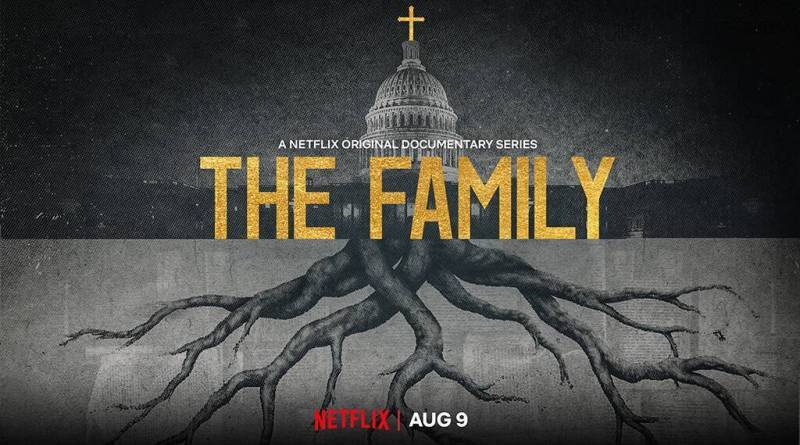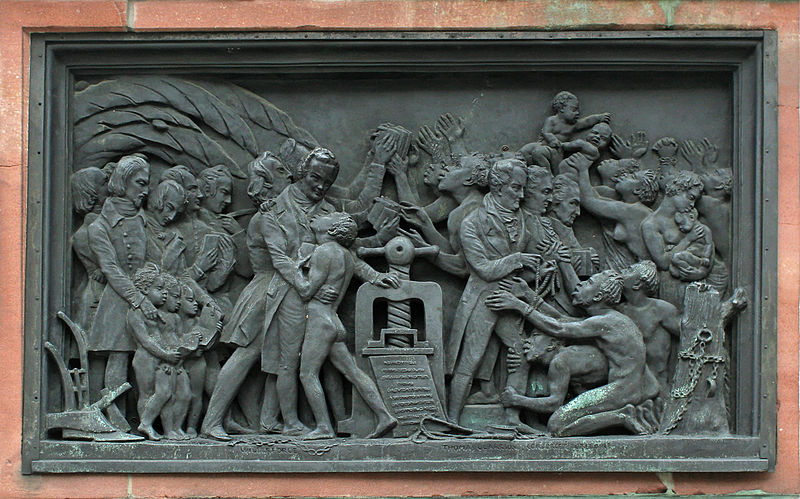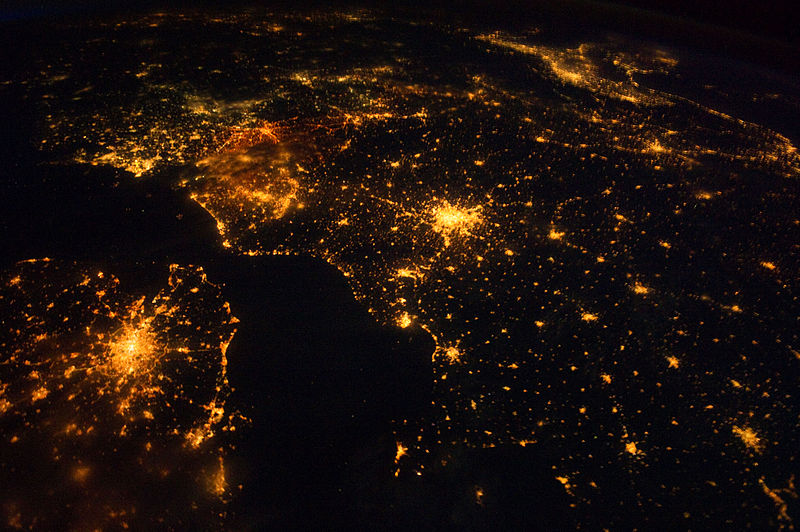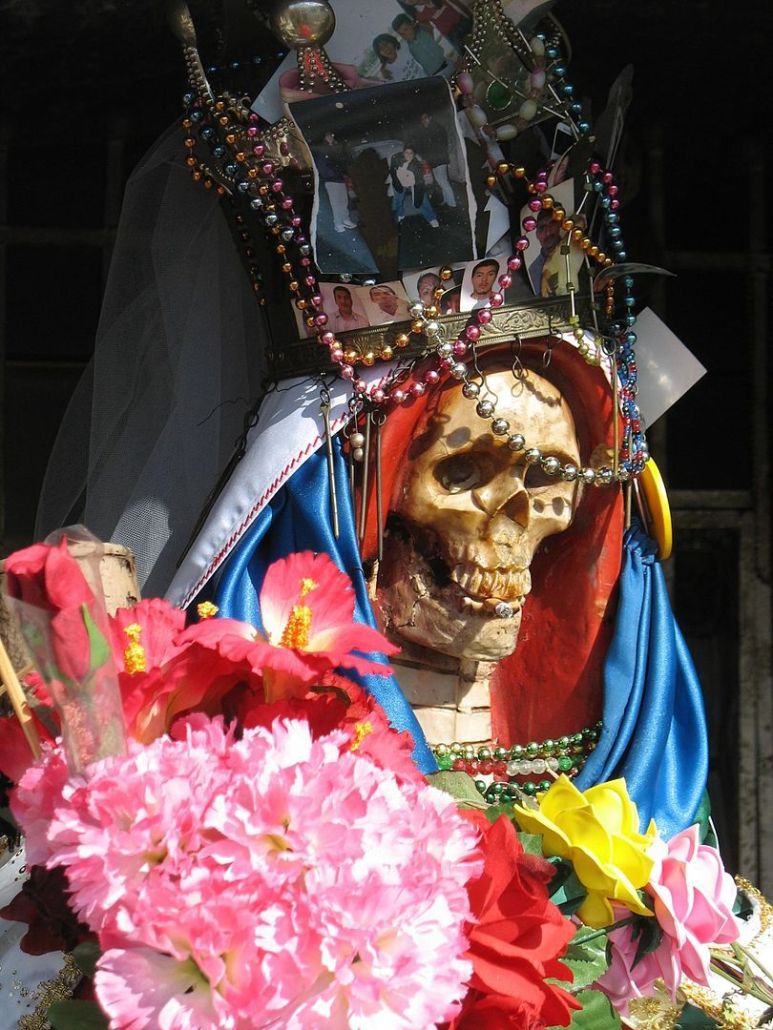Separating Religion and Government . . . But What is Religion? A Look at the US Supreme Court [transcript]
Separating Religion and Government . . . But What is Religion? A Look at the US Supreme Court Podcast with Maggie Garrett and Jennifer Hawks (6 January 2020). Interviewed by Benjamin Marcus Transcribed by Helen Bradstock. Audio and transcript available at: PDF for download Benjamin Marcus (BM): Hello, and welcome to the Religious Studies Project. […]
Religious Literacy is Social Justice [transcript]
Religious Literacy is Social Justice Podcast with Ilyse Morgenstein Fuerst (27 January 2020). Interviewed by David McConeghy Transcribed by Helen Bradstock. Audio and transcript available at: David McConeghy (DMcC): Welcome. I am David McConeghy, and today I am joined by Ilyse Morgenstein Fuerst PhD, an Associate Professor of Religion and Associate Director of the Humanities […]
The Public Square and the Heart of Culture Wars [transcript]
The Public Square and the Heart of Culture Wars Podcast with Benjamin Rolsky (30 March 2020). Interviewed by David McConeghy. Transcribed by Helen Bradstock. Audio and transcript available at: David McConeghy (DM): Welcome. My name is David McConeghy. And today I’m joined by Dr Benjamin Rolsky, adjunct instructor in the History and Anthropology Department at […]
Who Are the Power Worshippers? [transcript]
Who Are the Power Worshippers? Podcast with Katherine Stewart (9 March 2020). Interviewed by David McConeghy. Transcribed by Helen Bradstock. Audio and transcript available at: http://www.religiousstudiesproject.com/podcast/who-are-the-power-worshippers/ and for download here as a PDF. David McConeghy (DMcC): My name is David McConeghy and today I’m joined by Katherine Stewart, a journalist who’s written for The New […]
Near-Death Experiences [transcript]
Near-Death Experiences Podcast with Jens Schlieter (13 April 2020). Interviewed by Christopher Cotter. Transcribed by Helen Bradstock. Audio and transcript available at: Christopher Cotter (CC): Listeners to the Religious Studies Project, and indeed in society beyond, will be very familiar, I imagine, with the notion of near-death experiences. They’ve become quite a predominant theme in […]
Boxing and Religious Identity [transcript]
Boxing and Religious Identity Podcast with Arlene Sánchez Walsh (19 April 2020). Interviewed by David McConeghy. Transcribed by Helen Bradstock. Audio and transcript available at: David McConeghy (DMcC): My name is David McConeghy, and today I’m joined by Dr Arlene Sánchez Walsh, Professor of Religious Studies and the author of the award winning book, Latino […]
The Rise and Fall of the Televised Public Square

The Rise and Fall of the Televised Public Square: A Response to Episode 327 “The Public Square and the Heart of the Culture Wars” with Benji Rolsky by James M. Patterson, Ave Maria University In his recent interview with the Religious Studies Project, Dr. Benji Rolsky offers a view of Norman Lear as a television […]
Religious legislation as a place of religion-making

In this response to Episode 332, Ernils Larsson writes, “A central problem with the principles of religious freedom and the separation of religion and state as they were instituted in Japan under American occupation is that they assume a consensus with regards to what constitutes religion. As Japan was reshaped by the occupation authorities, an American understanding of religion forced a transformation of the public rites of the state in order for them to conform with the notion of Shrine Shinto as a private religion.”
Choosing Not to Hide Behind the Camera

Choosing not to hide behind the camera: A media producer’s perspective on religious literacy A response to the Episode 320, “Religious Literacy is Social Justice” with Professor Ilyse Morgenstein Fuerst by Richard Wallis There’s a fascinating moment in Netflix’s documentary series, The Family (August 2019), which tells the story of The Fellowship Foundation, a publicity-shy […]
The Essential and Complex Relationship of Religion and Media

The use of new digital media may sometimes be clumsy, not well understood, and subject to failure at times, writes Robin Harragin Hussey, but it is the current and future manifestation of the way many religions and religious people want to share and make themselves known.
Webs without Borders

Mark Q. Gardiner and Steven Engler reply to our interview with Bradley Onishi focuses on the view from Philosophy. “The divergence between Weber and Onishi,” they write, “need not be understood as a fight over where to place borders, but rather of adopting different configurations of the semantic web—a difference which, we might note, is only visible against the background of a good deal of overlap elsewhere.”
Unbelief as a Nuanced Phenomenon: The Sociality of Nonreligion across Europe

Unbelief has often been defined as either ignorance or rejection of religious systems, but this week’s guests David Herbert and Josh Bullock see far more diversity in the ways one can be nonreligious based on their research on Gen Y in Europe.
Santa Muerte and the Interplay of Cultures on Dia de los Muertos

Santa Muerte is a death saint with a rich history and reflects the deep interplay of cultures and devotional practices in Mexico.
Navigating the Religious Worlds of Science Fiction and Video Games

There’s always another thing to see as data for religious studies, but widening the boundary for what counts as data comes with a price. Every new category is a multiplication. When your choices are infinite, then explaining your choices becomes an obligation.
Public School Islamic Religious Education as Safe Space for Identity Development and Bottom-Up Negotiation of Citizenship

Muslim students experience the Islamic Religious Education classroom as an in-between space where they can ask questions that they feel are too delicate to be discussed in religious communities or even with their parents but need to be discussed with an adult who is an insider of their tradition but also understand their everyday life at school.
